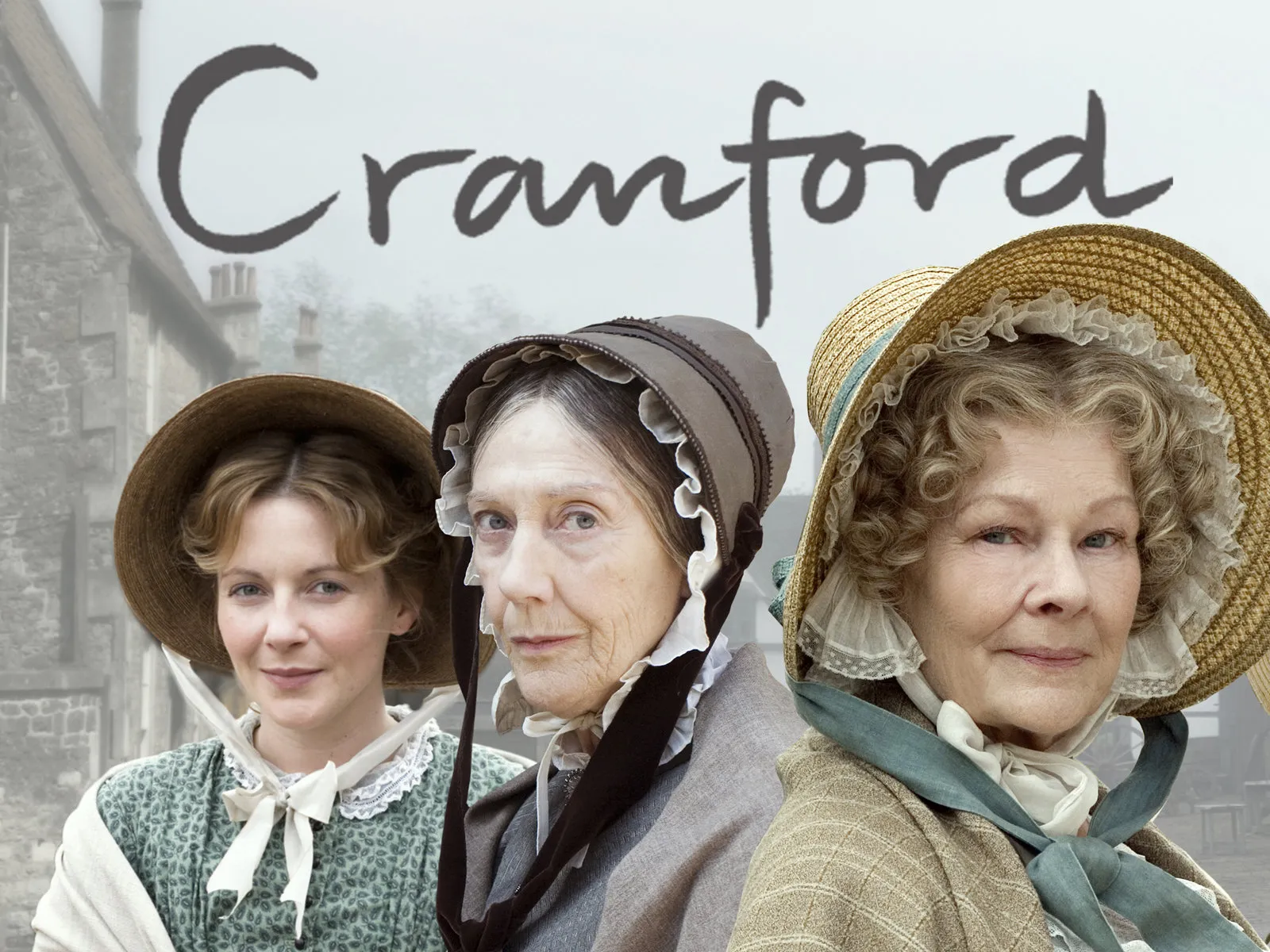She taught discipline. She practiced silence. She longed to be seen.
Blue Jean (2022) is a tender, quietly powerful British drama that explores identity, fear, and resilience against the backdrop of 1980s England—a time when being openly gay wasn’t just dangerous, it was illegal in schools. Written and directed by Georgia Oakley, the film is a character study that feels both deeply personal and universally resonant.
The story follows Jean, a reserved and disciplined physical education teacher living a double life. By day, she teaches at a secondary school in Newcastle, keeping her head down while quietly enduring the oppressive atmosphere of Section 28—a law banning the "promotion of homosexuality" by public institutions. By night, she moves through queer spaces, trying to find moments of joy and connection, but always with a cautious glance over her shoulder.

When a new student, Lois, joins Jean's class and is soon suspected of being gay, Jean finds herself caught in a crisis of conscience. Should she speak up and risk her job, her safety, and her carefully guarded privacy? Or stay silent—and become complicit in the very oppression she faces every day?
With a subtle yet magnetic performance by Rosy McEwen, Blue Jean captures the suffocating weight of living in the closet, especially under the scrutiny of a judgmental society. But it's not a loud film. Its strength lies in quiet moments: a stolen glance, a slammed locker door, a silence too long held. Through naturalistic direction and a muted color palette, Oakley paints Jean’s internal struggle with aching authenticity.

More than a period piece, Blue Jean speaks urgently to the present—when LGBTQ+ rights are again being debated, threatened, and legislated. It reminds us that while the laws may change, the courage it takes to live openly remains timeless.



